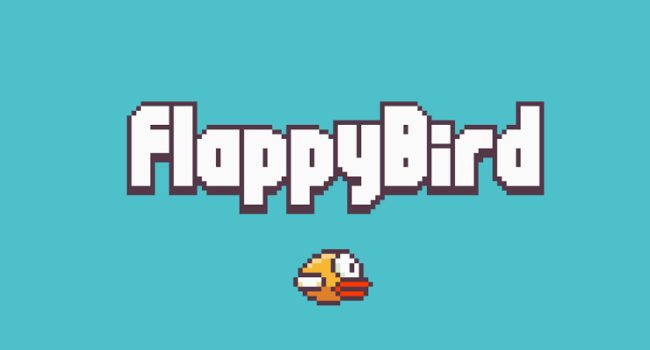South Africa’s retail forex industry is entering a decisive phase as regulation tightens and consolidation accelerates. What does it mean for brokers and traders?
‘Flappy Bird’ creator Dong Nguyen speaks out, considers bringing it back


Remember the Flappy Bird phenomenon earlier this year? This simple one-tap-and-survive game became an unexpected mega-hit, which eventually forced its creator, developer Dong Nguyen, to pull the game, citing that he “cannot take this anymore”.
I am sorry ‘Flappy Bird’ users, 22 hours from now, I will take ‘Flappy Bird’ down. I cannot take this anymore.
— Dong Nguyen (@dongatory) February 8, 2014
But Nguyen lives on and has dropped some enticing details about his creation and the ultimately death of Flappy Bird, as detailed by this excellent article from Rolling Stone.
Nguyen, 28, is a self-professed “geek developer” living at home with his parents in Hanoi, Vietnam. The creation of Flappy Bird was no accident as Nguyen knew what people wanted from a game, and knew that the average gamer didn’t have time for a long, complicated title. It was all about ease-of-use. “I pictured how people play, one hand holding the train strap.” His aim was to create a game that people as busy as himself could play without much fuss. He wasn’t keen on making another Angry Birds, calling it “too crowded”. He also didn’t like the graphics. His plan: to create a game with Nintendo’s charm, as he was brought up on a steady diet of Super Mario Bros.
What propelled Nguyen was his intense dedication, a love for Nintendo-style gaming, and Counter Strike and Pong creator Nolan Bushnell’s ethos about gaming — easy to learn, difficult to master.
When Flappy Bird first debuted, people lamented both the game’s difficulty and apparent plagiarism. Nguyen created his version of Super Mario’s fish, the Cheep Cheep, and combined it with one of the most hardcore real-world kids’ games ever created: the paddleball. Extraneous elements were removed from the game until it become a pure struggle against gravity, which was ramped up so that death was both swift and sudden. Nguyen even spent hours perfecting the death of Flappy, “The bird is flying along peacefully, and all of a sudden you die!”
With nil marketing or word-of-mouth hype, Nguyen launched Flappy Bird during May 2013. There was no buzz, save for this short tweet last year November – “Fuck Flappy Bird”. As Rolling Stone so aptly puts it, these three words capture everything that is Flappy Bird. For Nguyen, it was the beginning of the end. By December, Flappy Bird had skyrocketed towards success with Nguyen estimating that he earned US$50 000 daily thanks to ad revenue. The “overnight” success of Flappy Bird propelled Nguyen’s other two games, Super Ball Juggling and Shuriken Block, to top ten spots alongside his chart-topping app.
When the Vietnamese press began to hound him, Nguyen felt suffocated, tweeting messages such as “Please give me peace.” The transition from a geek cracking out games in his parents’ house to internationally known game developer took its toll on him. The tweets and emails from others about self-inflicted pain, damaged phones and lost jobs was all too much. He “genuinely took them to heart”.
Why did he eventually take it down? “I’m the master of my own fate” says Nguyen. It “ruined my simple life, so now I hate it.” After his announcement on Twitter that he would take the game down in 24 hours, Flappy Bird was apparently downloaded more than 10-million times in a 24-hour period.
But Flappy Bird lives on, and by searching “Flappy” on Google Play, it’s easy to see how this simple, satisfying title has influenced game makers. There’s an endless sprawl of clones — it even exists as a coding exercise.
As for the return of Flappy Bird? In Nguyen’s words, “I’m considering it.” For everyone else, Flappy Bird can be easily found by googling “Flappy Bird APK” and downloading a copy of this free game. For further insights, read the full article on Rolling Stone.


